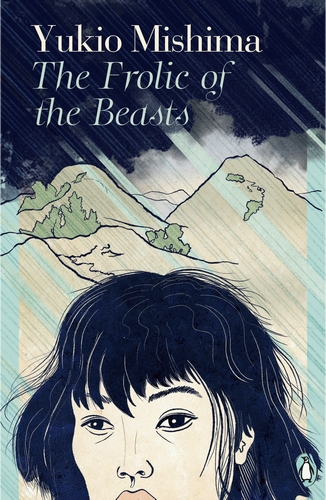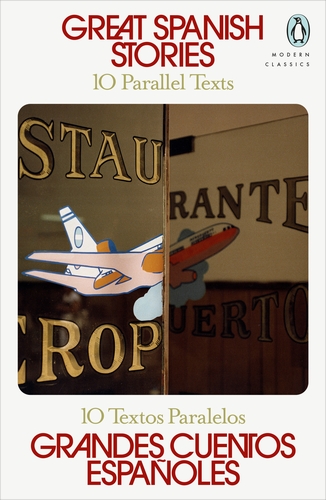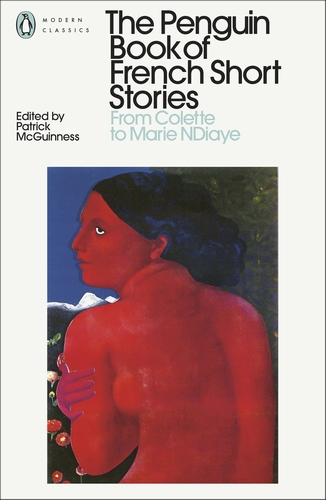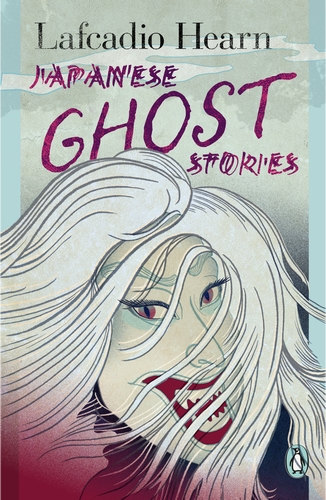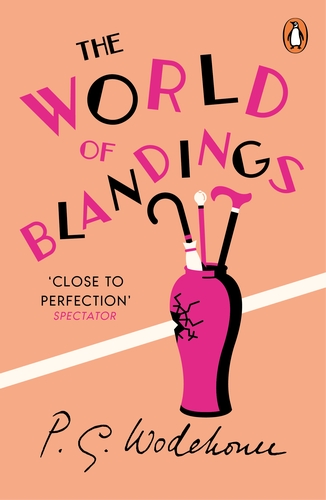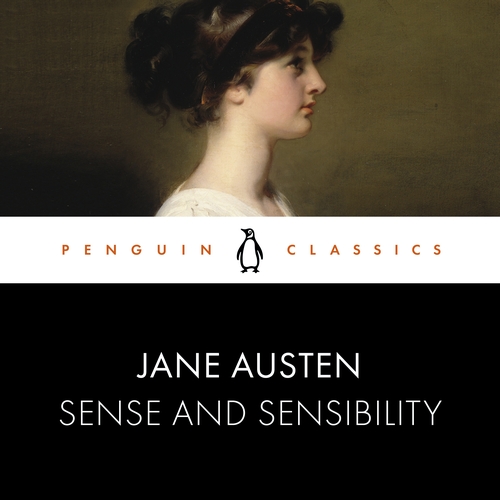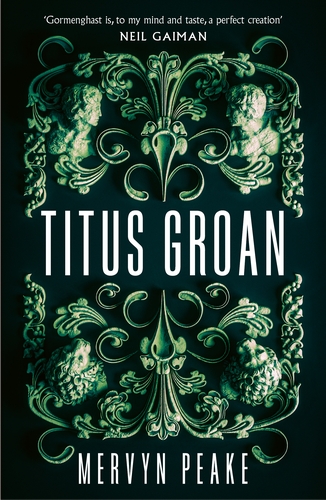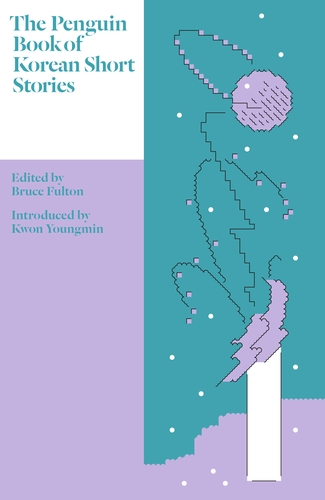Author:John Donne,Ilona Bell,Christopher Ricks

Regarded by many as the greatest of the Metaphysical poets, John Donne (1572-1631) was also among the most intriguing figures of the Elizabethan age. A sensualist who composed erotic and playful love poetry in his youth, he was raised a Catholic but later became one of the most admired Protestant preachers of his time. The Collected Poetry reflects this wide diversity, and includes his youthful songs and sonnets, epigrams, elegies, letters, satires, and the profoundly moving Divine Poems composed towards the end of his life.
From joyful poems such as 'The Flea', which transforms the image of a louse into something marvellous, to the intimate and intense Holy Sonnets, Donne breathed new vigour into poetry by drawing lucid and often startling metaphors from the world in which he lived. His poems remain among the most passionate, profound and spiritual in the English language.
My ideal literary thriller. Not only genuinely exciting, it is bursting with ideas and insights
—— Daily MailAbsorbing and beautifully written
—— Daily TelegraphA shivers-down-your-spine mystery...The book crackles with depictions of campus politics and strained relations between black and white America
—— Financial TimesA very rare thing indeed: an intellectually stimulating thriller by a writer who is as concerned with an exploration of character and motive as he is in ending each of his short mini-chapters with a cliffhanger
—— Irish TimesTaut and beautiful poems.
—— Edna O'Brien , GuardianBrave, generous and very moving.
—— Mark Sanderson , Sunday Telegraph[It] amazed me...great, heartfelt, monumental book.
—— Toby Litt , New StatesmanEach image of Sharon Olds' searing Stag's Leap brands itself on retina and heart - how will I ever forget the "Tiny Siren" found by accident in the washing machine?
—— Gerda Stevenson , Morning StarThe most powerful piece of writing I've encountered in decades... The raw emotion of break up transcends every known cliché thanks to her generosity of spirit and the awe-inspiring choreography of her language.
—— Laura George , Image MagazineI read this poetry collection with my heart in my mouth.
—— Jamie Quatro , GuardianI treasure this collection of poems: so beautiful, so personal, so revolutionary. Every time I return to this book I find a line, a stanza that I understand better, differently, appreciate just a little more.
—— Cherie Jones , GuardianA devastating tale of subterfuge, poverty and privilege set in the cobbled streets of Victorian London.
—— Daily RecordMagnificent, bringing the Dickensian streets to grubby, teeming life
—— Eithne Farry , Daily MailCements his reputation as an accomplished and challenging novelist… Though it takes place 130 years ago, the questions that The Streets poses about how, as a society and individuals, we tackle deprivation arguably remain just as pertinent
—— Peter Stanford , IndependentQuinn blends his history, his political concerns, his ideals, his plot and his characters elegantly, with a light hand and the pace of a thriller
—— Louisa Young , Daily TelegraphQuinn’s most mature novel yet… His picture of poverty’s shaming, dehumanizing effect is powerful, and the recurrent call for pity heartfelt. Ms Eliot and Mr Dickens would surely approve
—— Holly Kyte , Sunday TelegraphAnthony Quinn is a terrific storyteller. He has a thrilling knack for turning familiar periods of history into something surprising and often shocking, and for making the fortunes and misfortunes of his characters matter
—— Juliet Nicholson , Evening StandardDisplays the unsentimental yet powerful flair for romance that characterized his previous novel, Half of the Human Race. Perhaps most exciting of all, there is a sense that he is still writing within himself
—— Tom Cox , Sunday TimesQuinn brings the period in question vividly to life: his research is exemplary, and his subject absorbing
—— Lucy Scholes , ObserverAll the ingredients of an upmarket page-turner
—— Max Davidson , Mail on SundayAmbitious, gripping and disturbingly well done
—— Kate Saunders , The TimesBeyond its splendid feel for the era’s chat and patter, the novel pits philanthropy and opportunism, ideals and selfishness, bracingly at odds
—— Boyd Tonkin , IndependentThis novel is refreshingly different and contains a cornucopia of wonderful material and evocative descriptions
—— Good Book GuideThe best book I’ve read in ages… You have to read it.
—— Hilary Rose , The Times